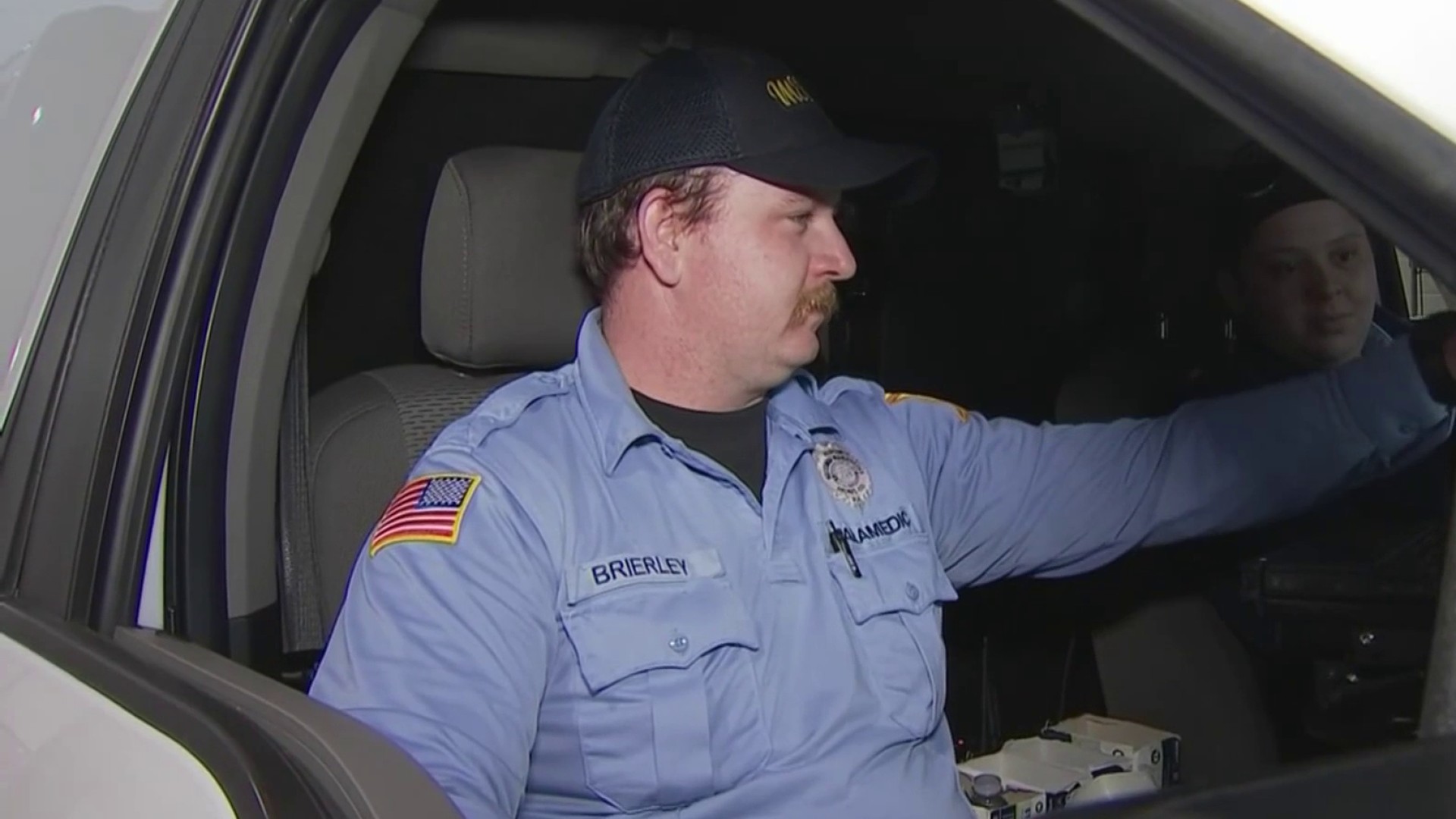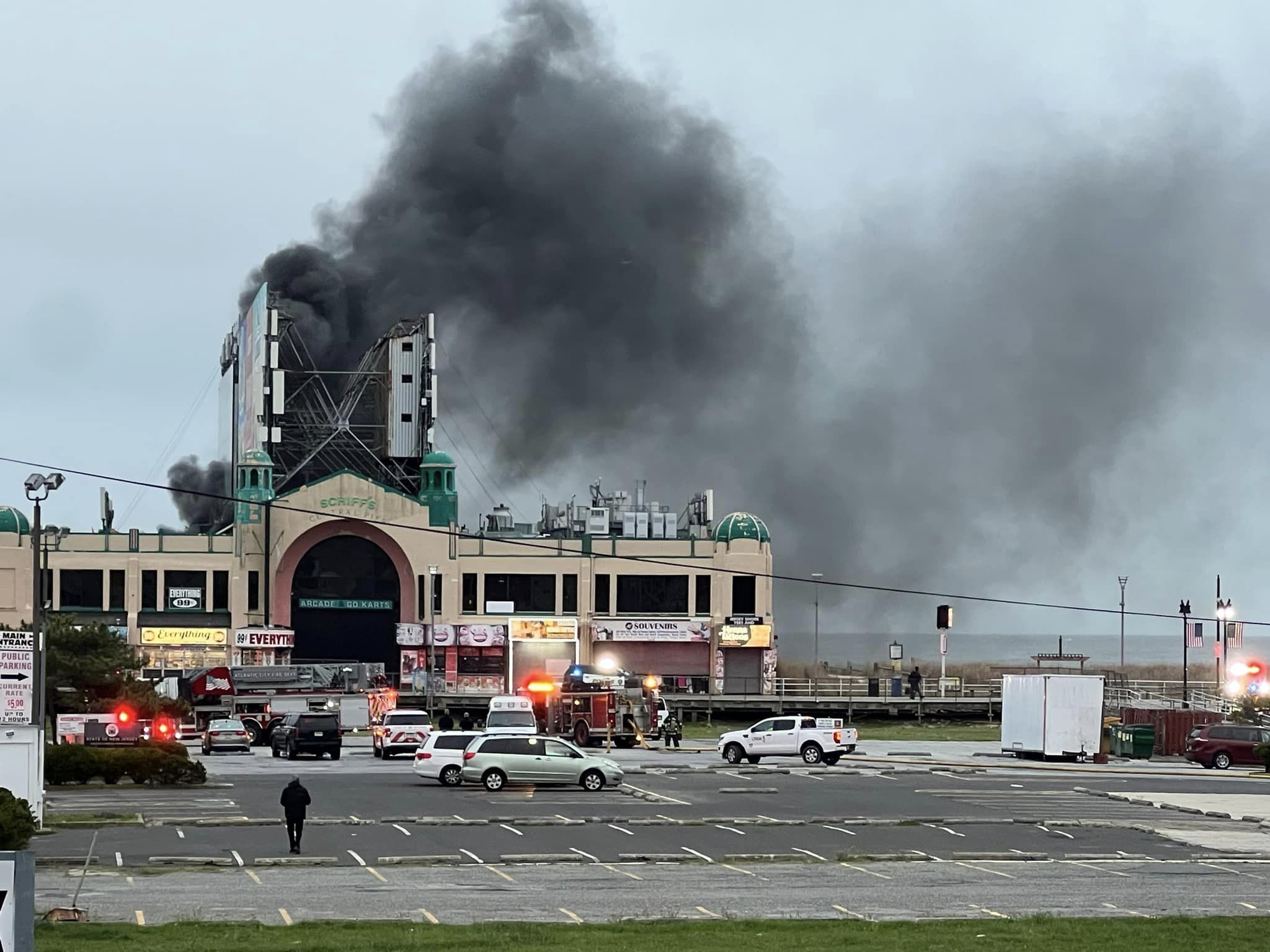Thousands of Philadelphia city workers deemed essential are no longer earning pay at a rate of 150% per hour after Mayor Jim Kenney ended a policy put in place at the onset of the coronavirus outbreak.
Thousands of police officers, firefighters, sanitation workers and health care workers earned extra pay from March 18-29 for remaining in the field for their jobs. Other city employees, who were also deemed essential but able to work from home, also received time-and-a-half pay through an order approved by Kenney.
In all, they accounted for about 15,000 city employees. The other 15,000 public workers not deemed essential have been told to stay home but still receive regular pay.
The time-and-a-half policy expired Friday and was not renewed, Kenney spokesman Mike Dunn said.
Kenney noted at a press conference Monday that the policy was ended in part because "it is very expensive." But he also said a new one-year contract with the city police union, including a 2.5% raise, was adopted over the weekend.
"We believe, and currently the FOP believes, that the 2.5% that they received is sufficient for them and it will, in the end, save us money too," Kenney said.
The administration is currently working on new, short-term contracts with the other three major city unions as well.
Local
Breaking news and the stories that matter to your neighborhood.
Previously, fiscal watchdog agencies, including the Pennsylvania Intergovernmental Cooperative Agency (PICA), told NBC10 they would be watching to see how the city continues to handle payroll amid the ongoing coronavirus outbreak.
Hundreds of thousands of American workers filed for unemployment last week, and many more have seen their hours reduced because of the ongoing COVID-19 pandemic. Congress early Wednesday passed a $2 trillion relief package in hopes that the infusion of cash to citizens and loans and grants to businesses will offset shutdowns of entire sectors of the economy.
"The city is in the strongest position, financially, that it's been in over a decade. That is a positive," a source with the City Controller's office told NBC10 a week ago. "But it’s important to make smart decisions."
Before the outbreak threw local, state and federal budgets into turmoil, the city was equipped with a roughly $348 million budget-fund balance, as well as a $55 million federal-stabilization fund and a $35 million "rainy-day" fund. The fund balance grew in recent years from increasing tax and fee revenue. The other two funds have been socked away in case of sudden reductions in city revenue.
"Financially, depending on how long it goes, the city can tap into those funds," PICA executive director Harvey Rice said. "Plus, they’ll be reimbursed by the federal and state governments for some of the measures taken in response to the crisis. ... We just have to keep a track on that."
Kenney's spokesman said the city is "optimistic" it will receive reimbursements from the federal government. It is not yet clear how much the two weeks of time-and-a-half pay added in payroll costs.



